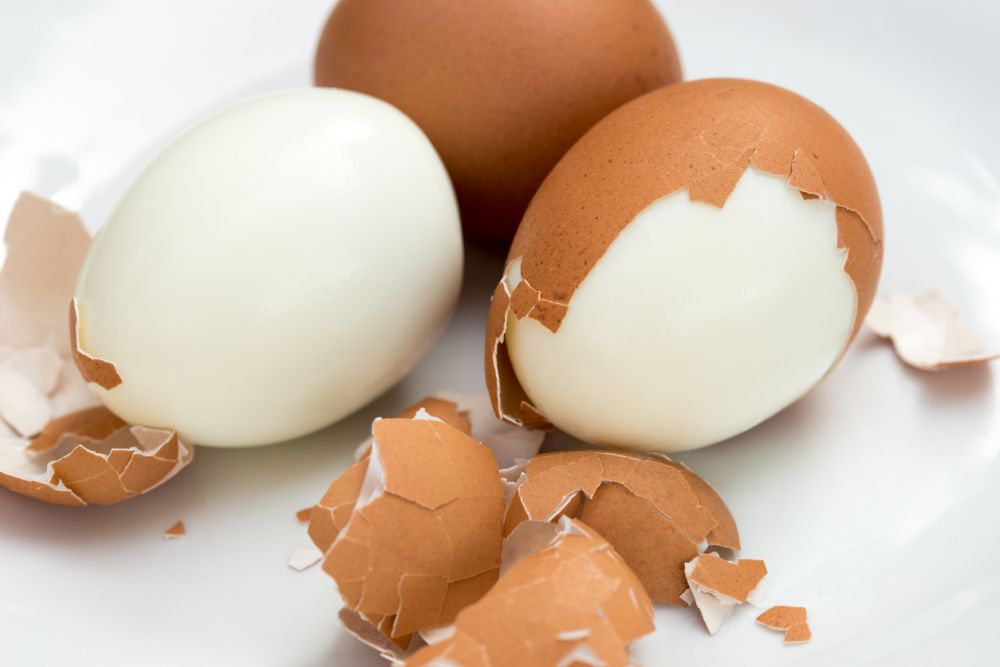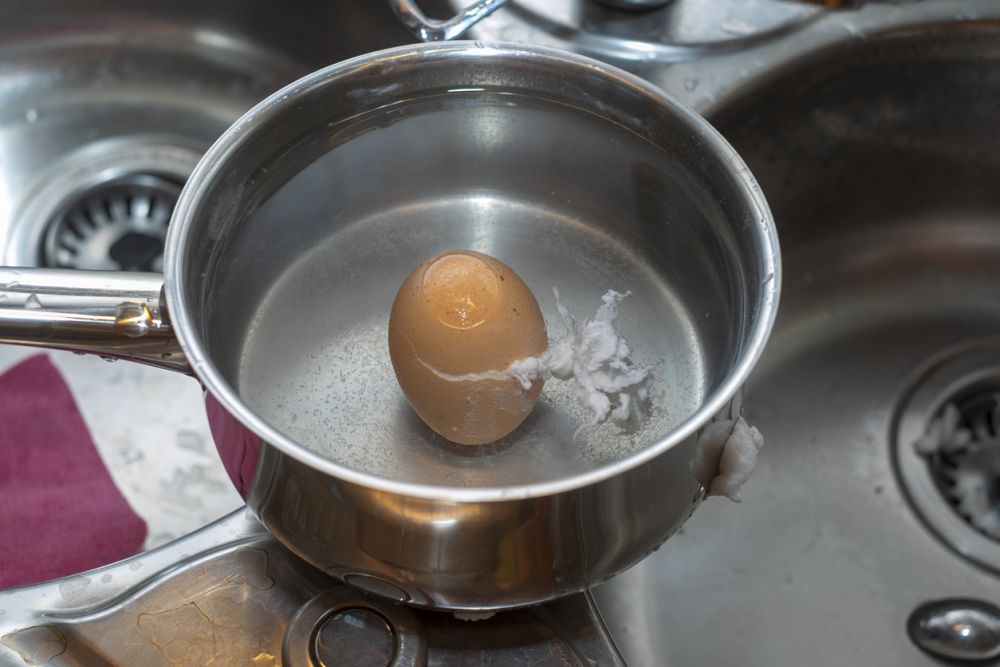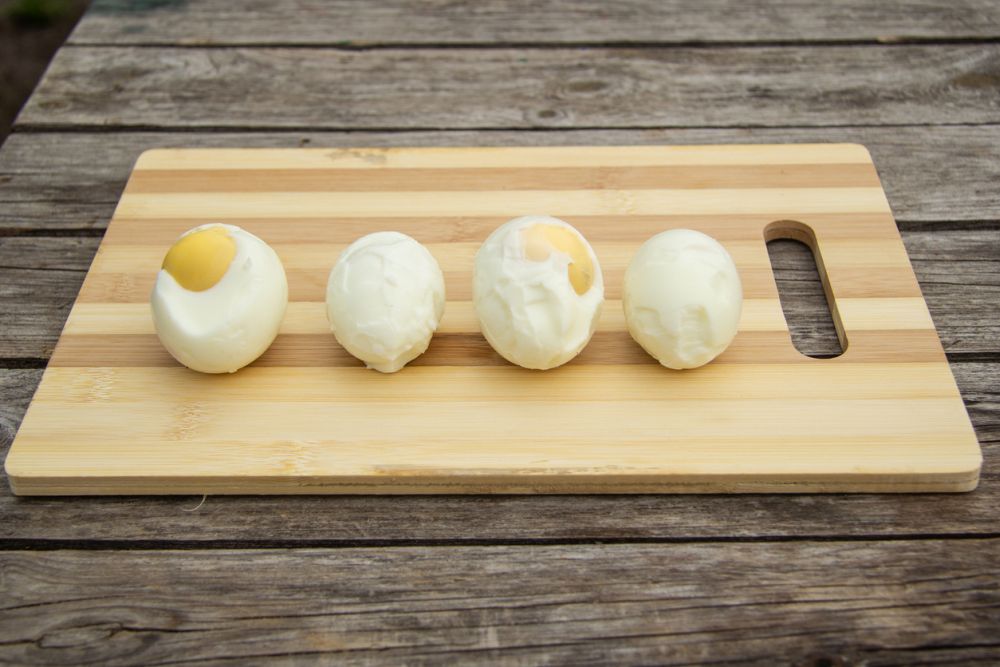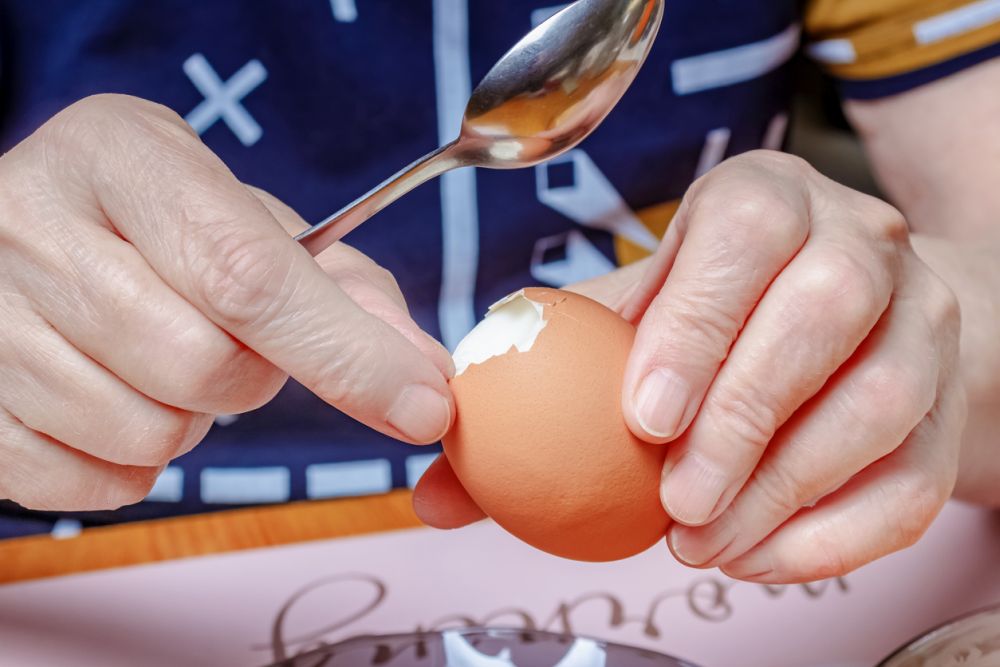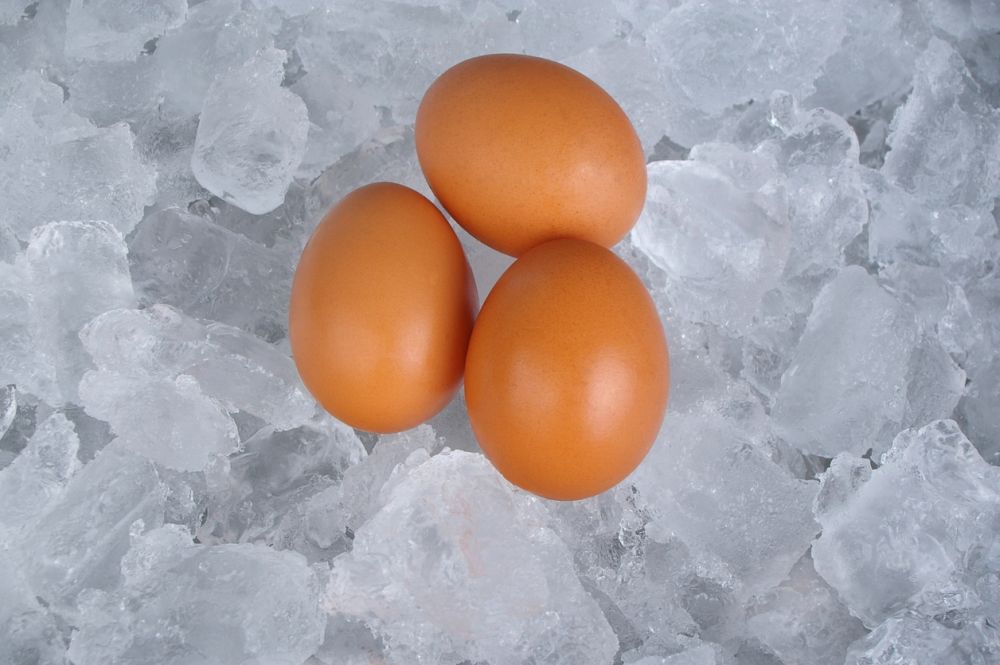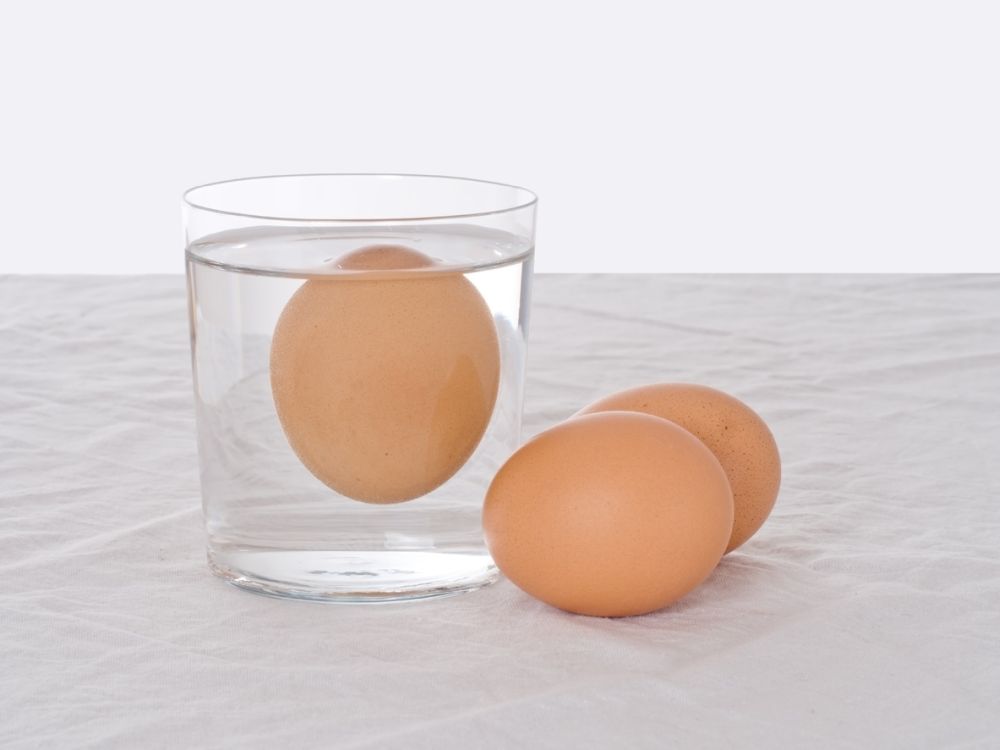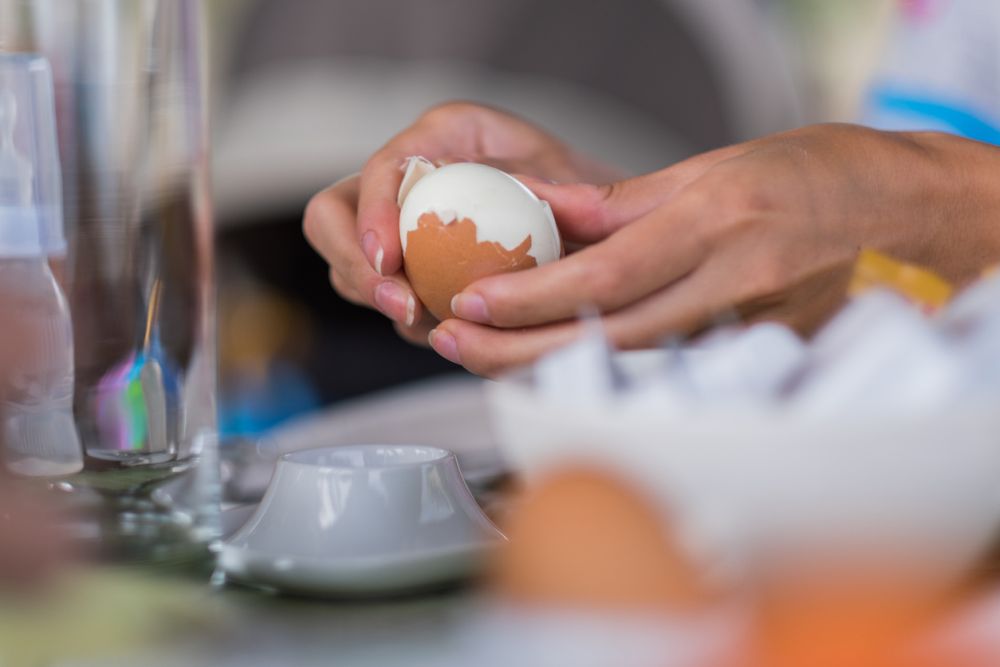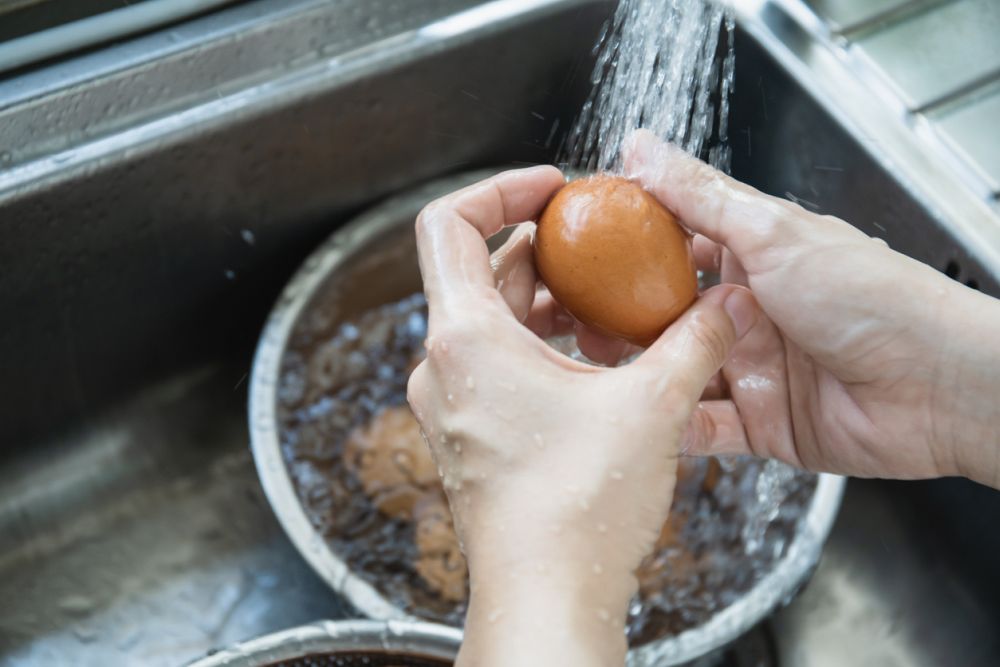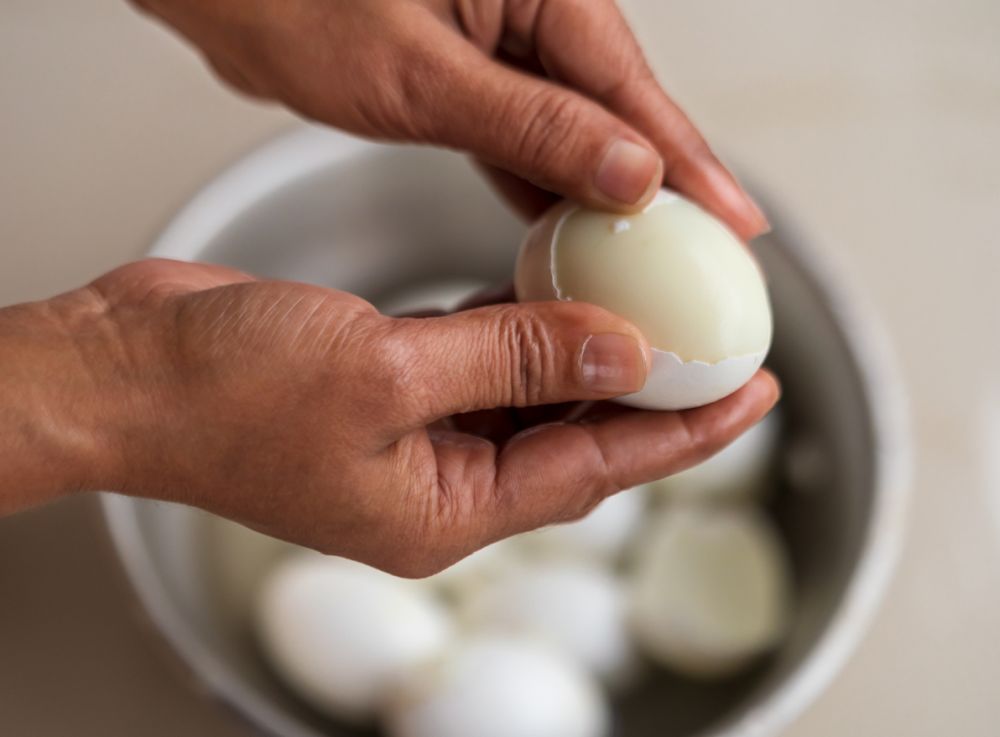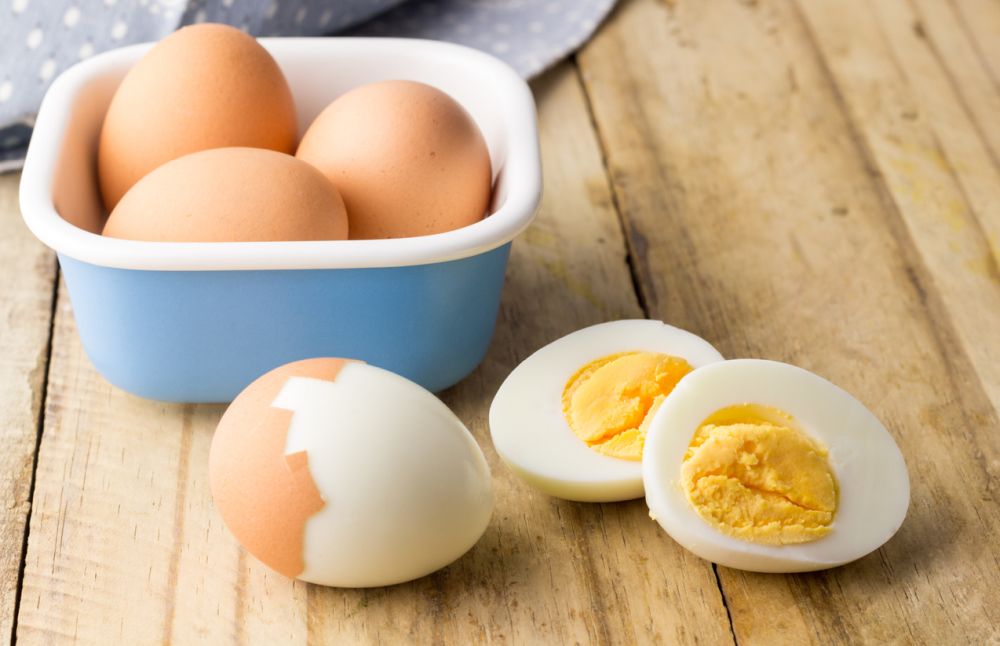How to Peel Hard-Boiled Eggs in 5 Easy Ways
We all like to think of ourselves as great chefs, even when we’re just boiling eggs. But there are so many ways to mess up a boiled egg.
Keep reading to find out how to peel hard-boiled eggs!
One of the most common mistakes is forgetting how to peel them properly, and it’s something that many of us are guilty of.
Sure enough, you’re probably wondering:
Why should I know how to peel hard-boiled eggs perfectly?
The answer is simple:presentation!
Table of Contents
How to Peel Hard Boiled Eggs Perfectly
While peeling a hard-boiled egg can be easily done using nothing more than your hands, there will be times when you may need those eggs for decorations or to put on a dish you’re serving.
In these cases, it’s best to have them peeled perfectly to look their best. There are many different ways to peel a hard-boiled egg and enjoy their health benefits.
Some are more effective than others, but they all have advantages and disadvantages. Here arefive of the most popular methods:
1. The Cold Water Method
This is probably the most common way to peel a hard-boiled egg. Simply place the egg in a bowl of cold water and let it sit for about 5 minutes. After that, remove the egg and start peeling away the shell.
The advantage of this method is that it’s easy and pretty much foolproof. But sometimes the shell can still be difficult to remove, especially if it’s been boiled for a long time.
2. The Rolling Method
Another easy way to peel a hard-boiled egg is to roll it on a hard surface. Place the egg on a counter and start rolling it between your hands. The shell will start to crack and come off in pieces.
The advantage of this method is that it’s very fast and efficient. But it can be a bit messy, and you may end up breaking the egg white if you squeeze too hard.
3. The Pressure Method
If the classic method is too slow for you, you can try the pressure method. This is more complicated than the other methods, but it’s still pretty easy to do.
First, place the egg in a bowl and cover it with water. Then place a heavy object (like a can of tomatoes) on top of the egg. Let it sit for about 5 minutes, then remove it from the water and start peeling the egg away from the center.
The advantage of this method is that it’s prettyfast. But it can be tricky to get the pressure right so that the egg doesn’t break.
4. The Shaking Method
This method may seem erratic at first, but it’s surprisingly effective.
Once you’ve perfectly boiled the eggs and placed them in ice-cold water, remove and transfer them to an empty jar or under an upside-down bowl, and then shake it vigorously.
The egg will get knocked around the inside of the container, and the eggshell pieces will start flying off by themselves.
The advantage of this method is that the shell will come off easily. The disadvantage is that it can be difficult to get the hang of at first.
5. The Scooping Method
For this method, you’ll need to have a spoon that’s wide and not too deep.
Once you’ve boiled the eggs and placed them in ice-cold water, remove them and then use the spoon to carefully scoop away the shell.
The advantage of this method is that it’s effortless, and you’re less likely to damage the egg itself. But it can take a little longer than some other methods.
How to Make Hard-Boiled Eggs Easy to Peel
The way you boil the eggs can greatly influence the peeling process. Because of this, we’re going to list several tips that will make your hard-boiled eggs extremely easy to peel:
- Start the eggs in boiling water– always make sure that you submerge the eggs into the water onlyafterit has already started boiling; the accelerated temperature change will make the eggs easier to peel.
- Add lemon juice, vinegar, salt, or baking soda– it seems that adding these ingredients to the boiling water will help the eggshells loosen and come off easier.
- Don’t over-boil or under-boil– if you’re looking for easy-to-peel eggs, ensure they’re cooked just the way you like them. Overcooked eggs will be harder to peel, while undercooked ones may have a runny center.
- Remember to simmer, not boil– this is probably the step that most people get wrong. The secret is to boil the eggs on the highest setting for 30 seconds and immediately turn the burner to the lowest setting so that they can simmer. Then cover the pot with a lid and wait for about 13 minutes.
- Shock the boiled eggs in ice-cold water– this is an important step no matter which peeling method you decide to use. Placing the eggs in ice-cold water will help dislodge the eggshell and the membrane from the egg itself, making the process much easier.
After following these tips, your hard-boiled eggs should come away from their shells with ease!
How to Prevent Egg Cracks When Boiling
There are a few things you can do to minimize the chances of your eggs cracking:
- Use older eggs – fresh eggs have a harder shell and are more likely to crack. So if you have your own chickens, don’t try boiling the eggs laid on the same day.
- Add a teaspoon of vinegar per quart of water– the acetic acid in the vinegar dissolves some of the calcium inside the eggshell, making them less brittle and easier to peel off.
- Never use eggs straight from the fridge – if you add hot water to cold eggs, the sudden change of temperature will cause the eggshell to dilate and crack. Instead, keep them at room temperature for about 15 minutes before adding them to the boiling water.
- Don’t overcrowd the pot – you may have noticed how eggs tend to rumble inside the pot whenever the water starts boiling. Well, if your pot is overcrowded with eggs, they start hitting each other, which can lead to cracks in any number of eggs.
FAQ
Learn more about hard-boiled eggs:
How do I know whether an egg is boiled or not?
If an egg is boiled, the center will be firm, and the egg white and yolk will be intact. If it isn’t boiled, the center will be runny, and the egg white and yolk will likely be broken.
Why did my boiled eggs crack?
There are several reasons why your boiled eggs might have cracked: the eggs were too fresh, you added too many eggs to the pot, you didn’t follow the simmering instructions correctly, or the eggs were cold when you added them to the boiling water.
How do I store boiled eggs?
You can store boiled eggs in the fridge for up to a week. Just make sure that you keep them in an airtight container so that they don’t absorb any nasty fridge smells. It’s also possible to freeze hard-boiled eggs.
What can I do with hard-boiled eggs?
Hard-boiled eggs are a great source of protein and are perfect for healthy egg recipes, including salads and sandwiches.
How long should I boil an egg?
It all depends on how you want your egg to be done: 3 minutes for a soft-boiled egg with a runny center, 5 minutes for a soft-boiled egg with a semi-solid center, 10 minutes for a hard-boiled egg with a solid center, or over 13 minutes for a very hard-boiled egg with a dry center.
Closing Thoughts
Our in-depth guide has come to an end, but we hope that you’ve learned everything you need to know about how to peel hard-boiled eggs.
We have to admit that it’s pretty amazing how something that seems so simple at first, like peeling a hard-boiled egg, can be so difficult if you want to do it perfectly.
But with these tips, you should be able to peel them like a pro in no time!
If you have any questions, please let us know in the comment section below. We’d love to hear from you!
